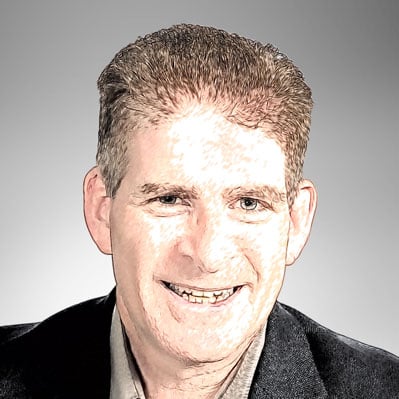AutoQuiz is edited by Joel Don, ISA's social media community manager.
This automation industry quiz question comes from the ISA Certified Control Systems Technician (CCST) program. Certified Control System Technicians calibrate, document, troubleshoot, and repair/replace instrumentation for systems that measure and control level, temperature, pressure, flow, and other process variables. Click this link for more information about the CCST program.
In a level control system using a capacitance probe as the sensor, if the process liquid medium changes:
a) the transmitter will need to be recalibrated
b) the probe's grounding system will need to be relocated
c) adaptive control action will need to be added to the controller
d) there should be no effect on the control loop performance
e) none of the above[
The transmitter will need to be recalibrated. For a capacitance probe installed in a metal tank, the measured level is proportional to the measured capacitance between the level probe (one capacitor plate) and the tank wall (second capacitor plate). The capacitance measured by the level probe can be expressed as:
C = K x A / D
Where C = capacitance measured by the probe, K = dielectric constant of the fluid in the tank, A = area of the plates (probe and tank wall), and D is the distance between the plates (probe and tank wall). The term A/D represents physical properties of the installation which are not affected by the fluid in the tank. The dielectric constant, K, is fluid-dependent, so measurement of capacitance (per the formula above) will also be dependent upon the fluid. Therefore, if the process fluid (medium) changes, the transmitter will need to be recalibrated to account for the change in dielectric constant.
Answer B is not the correct choice, since the grounding position is not fluid dependent. Grounding of capacitance probes is important, but is a sole function of the installation geometry, probe connection type, and the conductivity of the tank walls.
Answer C is not related to the measurement principle of capacitance. Adaptive control action has no bearing on the ability of a sensor to measure process conditions. It would have an effect only on final control element position.
Answer D is incorrect, since it was explained above that a change in process fluid will have an effect on the measured level due to the differences in dielectric constant. For example, if Fluid A has a dielectric constant of 0.4 and a level of 40% is measured, Fluid B with dielectric constant of 0.8 would register an apparent level of 80% if the probe is not recalibrated, leading to undesirable control actions.
The correct answer is A.
About the Editor
Joel Don is the community manager for ISA and is an independent content marketing, social media and public relations consultant. Prior to his work in marketing and PR, Joel served as an editor for regional newspapers and national magazines throughout the U.S. He earned a master's degree from the Medill School at Northwestern University with a focus on science, engineering and biomedical marketing communications, and a bachelor of science degree from UC San Diego.




